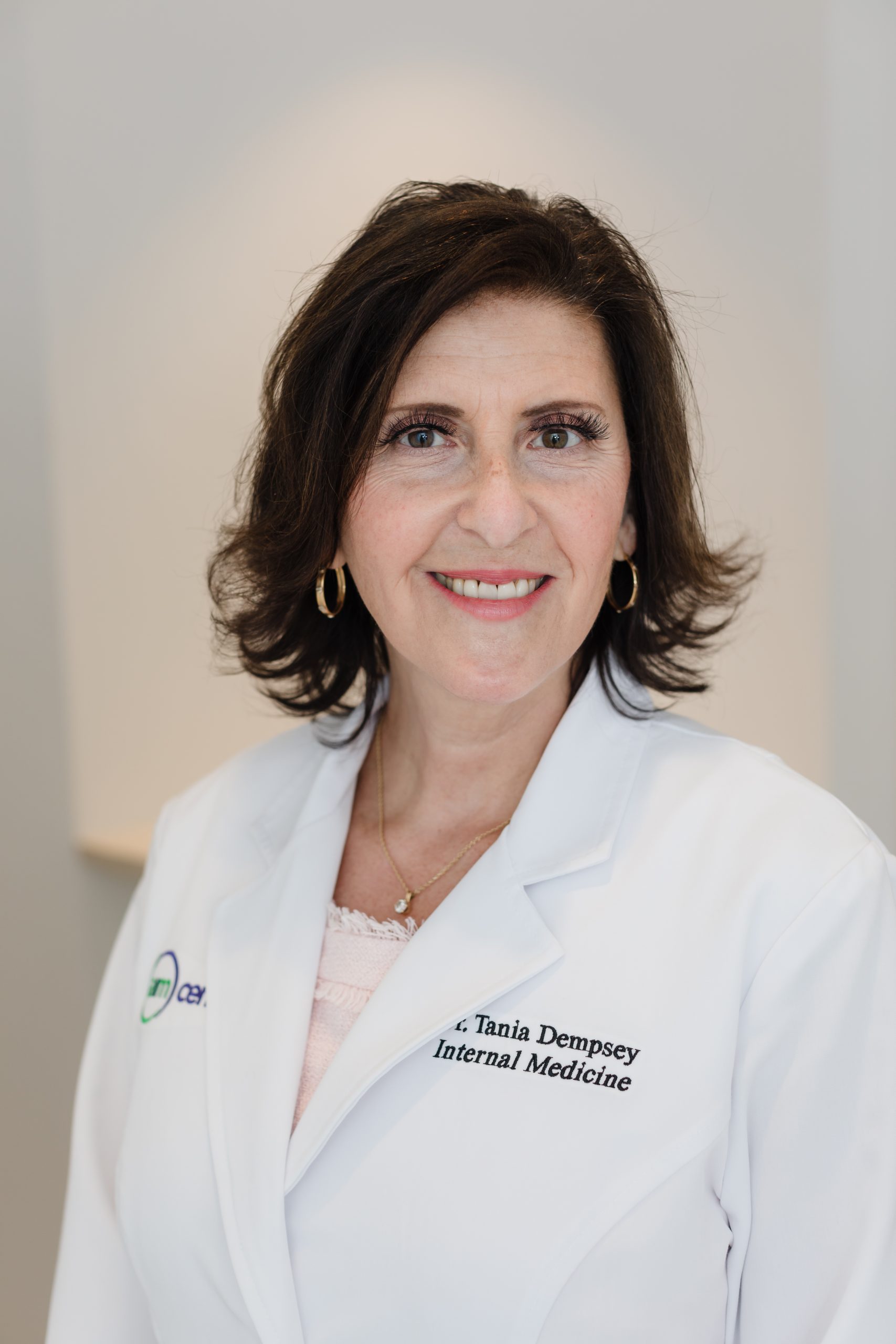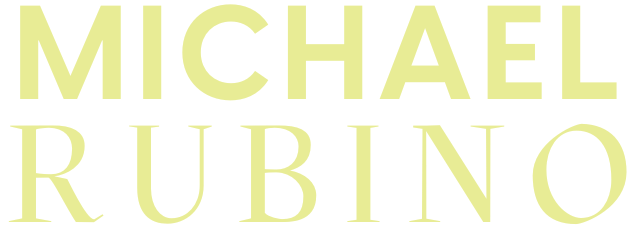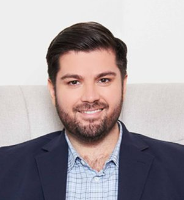In this episode of Mold Docs, Michael Rubino sits down with Dr. Tania Dempsey, an expert in chronic disease, autoimmune disorders, and mast cell activation syndrome. Dr. Tania goes into detail about mast cell activation syndrome and the effects of living in a toxic world. She details her personal experiences helping clients suffering from issues such as mold exposure and her process for helping them overcome chronic symptoms and conditions.
Dr. Dempsey is sought after internationally for her knowledge of chronic immune dysregulation and has attracted patients from Israel, England, Thailand, and France. Dr. Dempsey uses integrative medicine to get to the root cause(s) of the patient's illness. Her purpose is to understand why people get sick and to help patients understand their bodies and why they fail when they do.
Dr. Dempsey received her MD from The Johns Hopkins University School of Medicine and her BS degree from Cornell University. She completed her residency at NYU Medical Center/Bellevue Hospital and then served as an attending physician at a large multi-specialty medical practice in White Plains, NY, before opening Armonk Integrative Medicine.

Dr. Dempsey specializes in autoimmune diseases, MCAS, and chronic illness. She is a staff member at Greenwich Hospital in Greenwich, Connecticut. She is also a member of the Institute for Functional Medicine (IFM) and the American College of Physicians, and holds a certificate in Vanguard Endocrinology. Dr. Dempsey is Board Certified in Internal Medicine and a Diplomate of the American Board of Integrative and Holistic Medicine.
In this episode, they dive into:
0:45: Dr. Tania discusses mold, how large of an issue exposure is for health, and the complexity of why it’s an increasingly common issue. Many people, she says, don’t take this indoor contaminant seriously and have heard a long list of misinformation. She also explains the lack of consideration society gives to our indoor environments and the impact they have on our overall health.
3:30: Dr. Tania goes through Mast Cell Activation Syndrome, how it affects individuals, and the relationship between this condition and mold exposure. The combined effect can lead to individuals being unable to handle their indoor spaces. She has also seen individuals who didn’t have mast cell activation syndrome until they lived in a moldy environment. Everyone’s sensitivities and experiences are different.
10:00: Dr. Tania lists the symptoms and reactions that can develop in those experiencing mast cell activation syndrome. As she explains, this condition is systemic and can affect various places in the body and manifest in different ways.
15:00: Dr. Tania touches on the interconnection between mold exposure and the long list of other exposures, conditions, and factors that play a role in how the body reacts and what symptoms can develop.
17:15: Dr. Tania discusses how difficult it can be to deal with a toxic environment and the challenge of helping clients find a safe indoor space.
20:00: Dr. Tania explains the issues she’s seen with remediation protocols and the failed projects she’s witnessed for her clients. She goes through why she thinks these projects failed and the importance of a thorough and comprehensive remediation plan. Dr. Tania herself experienced a mold issue and multiple failed remediations for her own home.
25:30: Dr. Tania discusses the influence bacteria have as well as mold exposure and mast cell activation syndrome. Bacteria are often found alongside indoor mold growth and can play a role in how someone’s body responds to the toxic environment.
28:30: Dr. Tania addresses instances she’s seen where an ERMI can show low levels of mold but individuals are still experiencing a long list of chronic symptoms. She explains why this can be and the importance of hiring a qualified mold inspector to come in and thoroughly inspect the home.
36:00: Dr. Tania goes through what individuals should do if they have mast cell activation syndrome and/or mold exposure and the treatment protocols they should expect. She explains the complexities of diagnosing it and detoxing them while they’re figuring out how to fix their indoor space so that it’s once again a safe environment. She details her own process for helping individuals and helping them navigate through a toxic world. "We live in a pretty toxic world. I hate to say it; I hate to be so negative, but it's pretty toxic on many levels. From plastics to pesticides to GMOs—all that stuff. So we're never going to be able to control all of it. We have to know that our bodies can't deal with a lot of it. So, some of what we're doing is trying to get our bodies to become more tolerant of the world that we live in. Some of that comes from working on the mast cells and trying to get them to calm down a little bit and be less reactive. Then, you can work on the rest of the stuff. I can't detox people if they're so reactive. They're going to react to the things that I'm trying to give them to fix the problem."
41:30: Dr. Tania explains the importance of advocating for one’s own health and finding a medical practitioner that will listen and be trustworthy. "Advocate for yourself and insist that people listen to you—that medical practitioners listen to you. The one thing that I see all the time is that people are just not taken seriously. They know that there's a problem, they just need help finding it. It’s about finding a medical practitioner who they can connect with and who they can trust. A medical practitioner should understand that a patient is trying to get a point across and is trying to express their problems or concerns. We have to listen to them. That's always my thing. We have to trust the patients who are coming to us because they know their bodies better than we do."
Make sure to subscribe to Michael Rubino's Channel so you never miss an episode of Mold Talks Docs.
Learn More about Dr. Tania Dempsey at:
Instagram: @drtaniadempseymd

